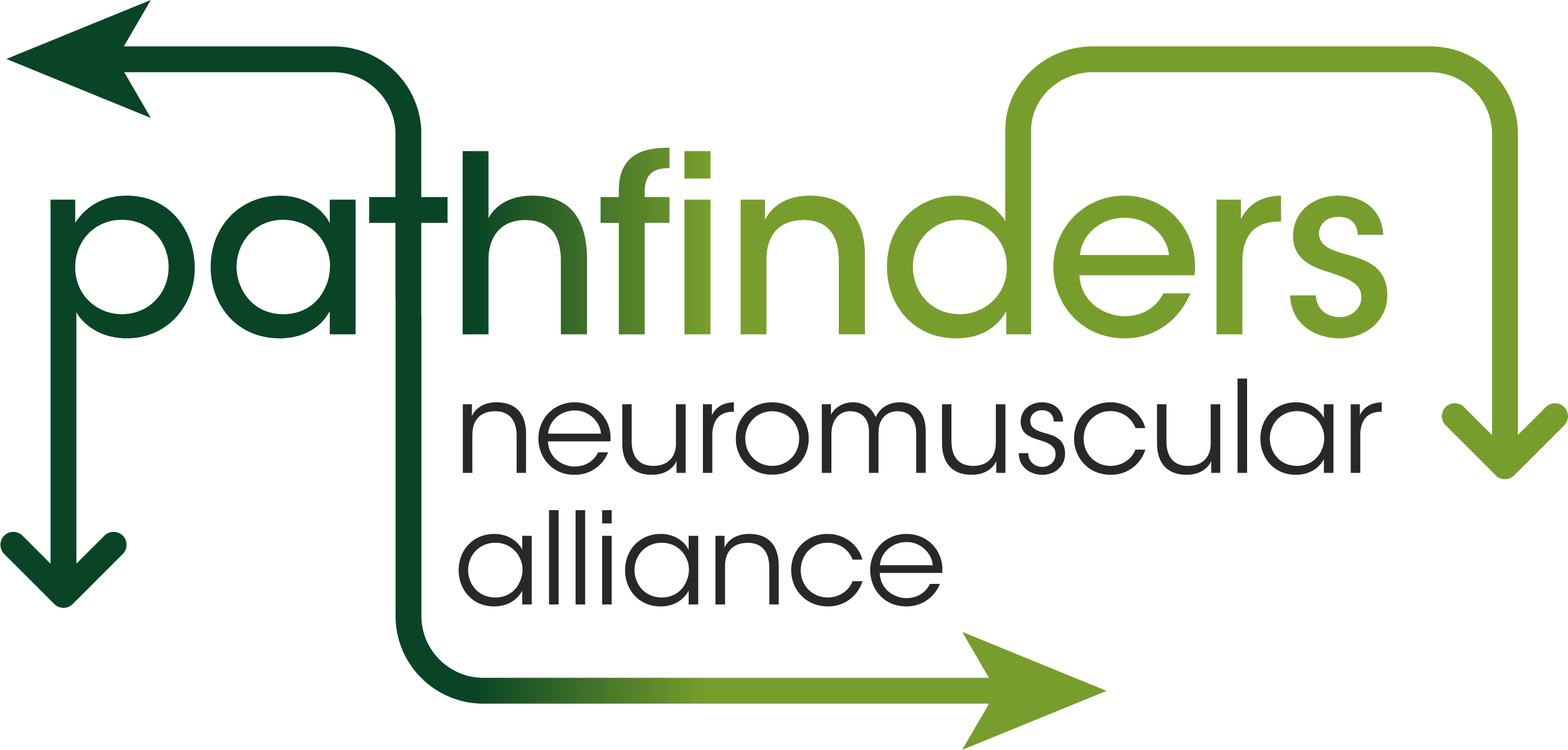People with Neuromuscular conditions are living longer than ever, so thinking hard about how to spend your time is an important part of getting the life you want.
Looking for the right kind of job or volunteering role as well as getting the necessary support for the role is something that most people with a Neuromuscular condition will experience, like the adults who have shared their experiences in this guide.
There are many factors to consider when looking for employment or a volunteering role – location, pain & fatigue levels, ease of transport and available time to name but a few. There’s also all of the usual things to consider – your skills & qualifications, desired salary and career progression. The support is out there, regardless of which path you take.

Eventually you will leave formal education, before this happens you need to start thinking about what comes next. Generally speaking there’s four different options, we’ll go through them all and look at the pros and cons of each.
Employment
Employment can take on many different forms. Essentially you’ll be carrying out a role for an employer and getting paid (and taxed!) for your work. As an employee you will have certain “employment rights”, for example reasonable adjustments made at work that will make it possible for someone with a Neuromuscular condition to work (part-time and flexible working etc). You will need make sure that you’re meeting the expectations of your employer and the requirements of your work role.
Pros
- More financial freedom from earning money
- Gives you a sense of purpose and a way to use your skills
- Clearly defined hours, job roles, and expectations
- Eligibility for support from Access to Work support
- Eligibility for Motability grant for vehicle adaptions if working over 12 hours
Cons
- Expectation to work a certain number of hours per week with limited six days which may not be flexible
- You may lose some benefits, and while these are replaced with earnings, you won’t have as much income stability
Self-Employment
Self-Employment can take on many forms but it generally offers you the opportunity to work on your own terms. This typically involves setting up your own business – providing a service or product that you sell to clients/customers. It can require a significant amount of work to be successful when self-employed, but, generally means you have more freedom to work how and when you see fit. Certain criteria will need to be reached for the submitting of information (the tax man for example) and further criteria will need reaching if you employ others. Self-Employment requires you to be highly motivated and self-disciplined in order to succeed.
Pros
- More financial freedom
- A sense of purpose and a way to use your skills
- Greater control of how and when you work
Cons
- Can be stressful when business is slow
- It is harder to get support through Access to Work
Volunteering
Volunteering gives you the opportunity to provide your time and skills to help an individual, organization or other group. This could be a formal arrangement where you have a role description and expected duties or an informal arrangement. The key part about volunteering is that you’re helping others without being paid.
Pros
- It can give you a sense of purpose and a way to use your skills
- You can choose how much to get involved and how many hours you do
- Organisations are usually more understanding of time off sick
- If you are interested in employment, volunteering can be a stepping stone towards a paid role
Cons
- You have fewer rights than employees, e.g. in terms of reasonable adjustments to the workplace, or access to work
- There are generally fewer different types of volunteering roles available compared to paid jobs
- You will have limited disposable income
Leisure
After leaving education you may decide that you don’t want to work or volunteer and would rather spend your time doing things that you enjoy, such as playing video games, spending time with friends or travelling.
Pros
- You are entirely responsible for your own time.
- You have time to devote to your hobbies.
Cons
- It can get boring and you may feel like you lack a sense of purpose.
- Many friends will not be available during usual working hours.
- You will have limited disposable income.

As an adult with a neuromuscular condition it’s up to you to make the decisions about your future – it’s important to consider what really matters to you. There’s a number of questions you will need to answer and things to consider before making a decision.
Q.
How important is it that you can earn money?
Given the nature of neuromuscular conditions work can often be difficult to find and manage, so its often easy to access out-of-work disability benefits such as Employment and Support Allowance (ESA) and some element of Universal Credit (UC). If you live with family these benefits may be sufficient to live on. This means that earning money is not always entirely necessary and may not be important to you. You can work while on these benefits although weekly work hours and the amount you’re allowed to earn is limited.
If money is important to you then you may want to consider employment or self-employment. If money is less important you might consider volunteering or leisure.
Q.
How much work can you manage?
The impacts of neuromuscular conditions on your ability to work vary significantly from person to person. People experience different levels of pain, fatigue and general health. You can achieve more with a neuromuscular condition than most people, perhaps even yourself, realise – with the time, care and support in place to do so. The amount of work you can manage is unique to you, it’s important to find a suitable work pattern that doesn’t jeopardise your health.
Q.
What about your health and care routine?
When thinking about employment and volunteering it’s important that you consider how it will fit around your daily routine. With neuromuscular conditions it takes longer to do basic tasks such as getting up in the morning, getting washed and dressed, and using the toilet. You also have to work around medical appointments. You will need to find a balance between fitting your work around your daily schedule and adapting your daily schedule to better manage what work and volunteering you would like to do.


